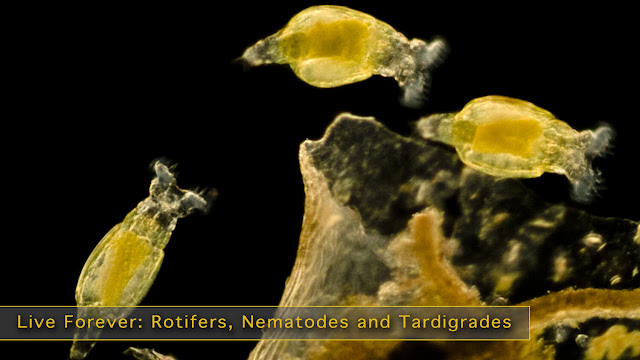SCIENCE SOURCE NEWS: Brought to you by Science Source, your source for stock science and photography, medical illustration, and video.
Rotifers, Nematodes and Tardigrades Stock Microscopic Photography
Roti fers (Philodina sp.), Light Micrograph The bdelloid rotifer, found in freshwater habitats all over the world, is able to withstand ex...

-
Woman uses a Scanning Electron Microscope (left) , a cell heavily infected withARS-CoV-2 virus particles (right). The entire world has beco...
-
Roti fers (Philodina sp.), Light Micrograph The bdelloid rotifer, found in freshwater habitats all over the world, is able to withstand ex...
-
How did we get from discovering fire to using nanotubes in labs? The concept of atoms was first conceived in ancient Greece by a gr...


